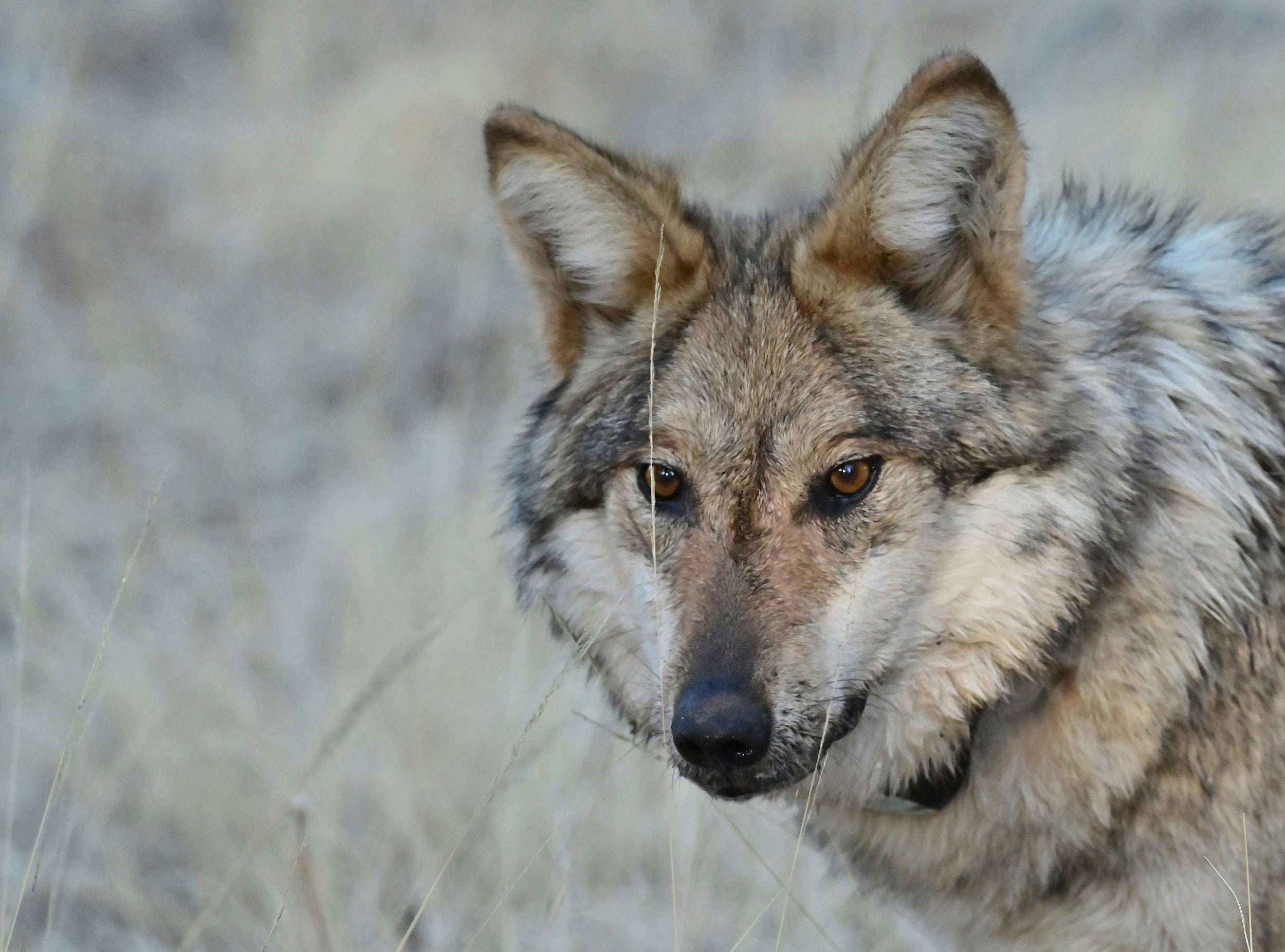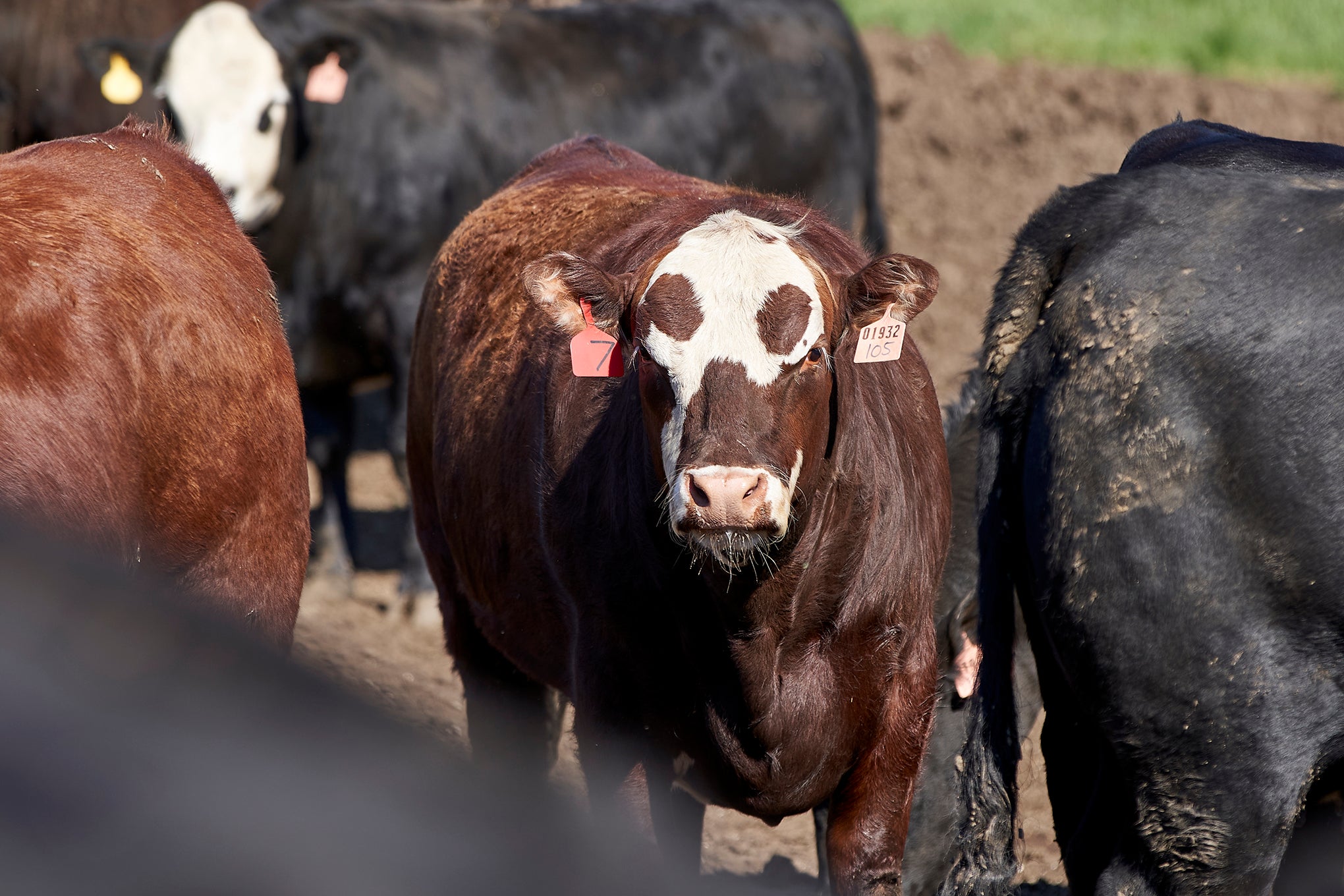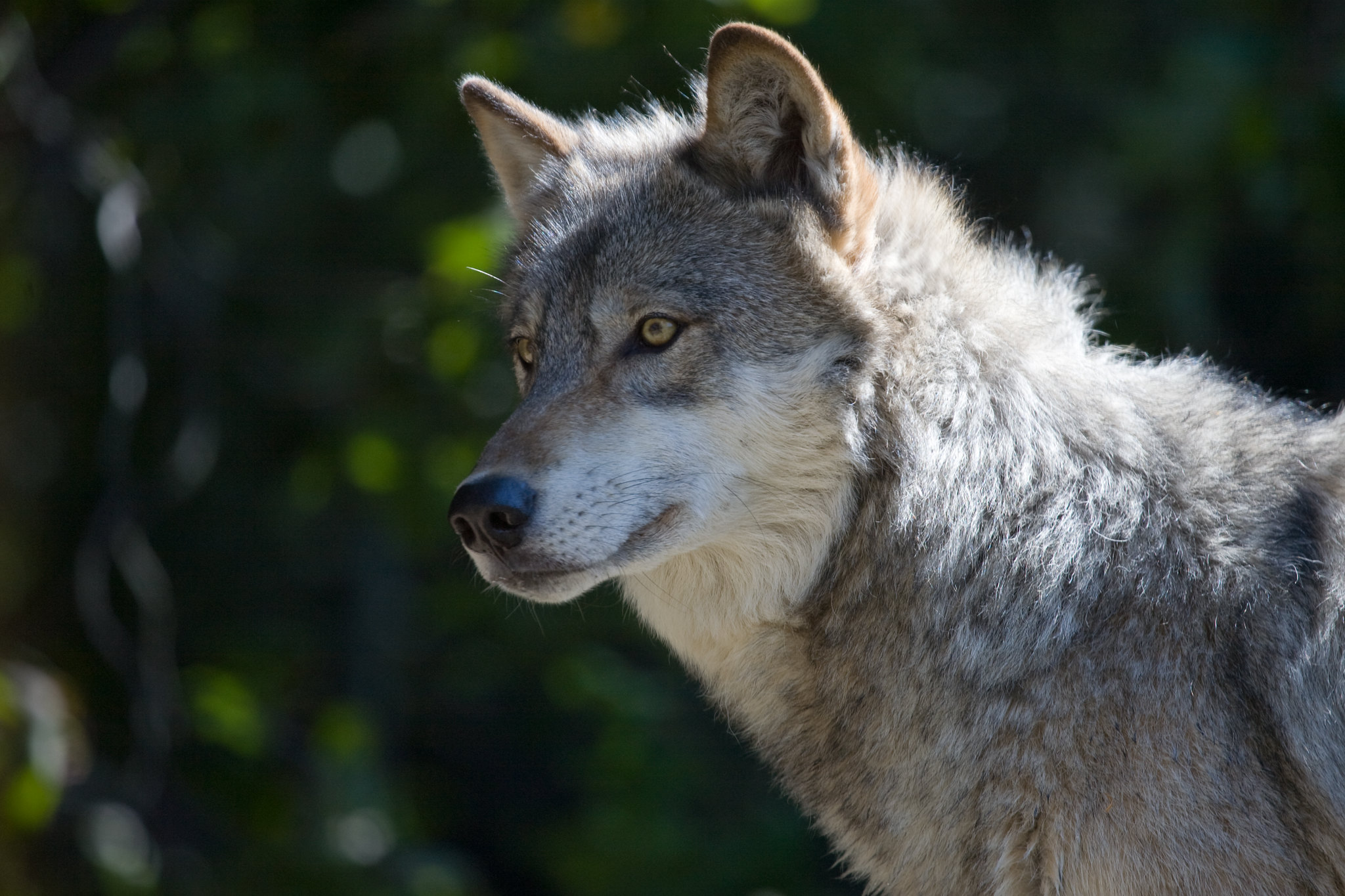Some livestock owners and farm groups in Wisconsin are raising concerns about a recent federal court ruling that reinstated endangered species protections for the grey wolf.
The court decision last Friday applies to Minnesota, Michigan and Wisconsin. It not only blocks the hunting and trapping of wolves, but also halts landowners with permits from killing wolves that are harming livestock or pets.
Eric Koens owns a cattle ranch in Rusk County and represents the livestock industry on a state wolf advisory committee. Koens said many landowners don’t think non-lethal ways of controlling wolves work very well, and are debating what to do now.
News with a little more humanity
WPR’s “Wisconsin Today” newsletter keeps you connected to the state you love without feeling overwhelmed. No paywall. No agenda. No corporate filter.
“Well, I guess everybody is going to have to do what they feel is best for their operation,” said Koens. “I certainly believe that we as livestock producers have a right to protect our interests on our property … That’s our business. We pay taxes on our farm to raise livestock.”
Koens spoke this week after the state Department of Natural Resources held a conference call with key stakeholders on the wolf issue. The DNR declined a request for an interview, but said the call was held simply to explain what happened in the recent wolf decision and what it means to the stakeholders.
The Wisconsin Farm Bureau issued a press release saying it’s disappointed in the court ruling.
Rachel Tilseth of Wolves of Douglas County Wisconsin said farmers and ranchers can take steps to discourage wolves from being attracted to their land. For instance, she said, livestock owners should be disposing of dead livestock by burying the carcasses.
The state said that anyone experiencing conflicts with wolves should contact the U.S. Department of Agriculture’s Wildlife Services program for conflict investigation and management assistance.
Wisconsin Public Radio, © Copyright 2026, Board of Regents of the University of Wisconsin System and Wisconsin Educational Communications Board.




